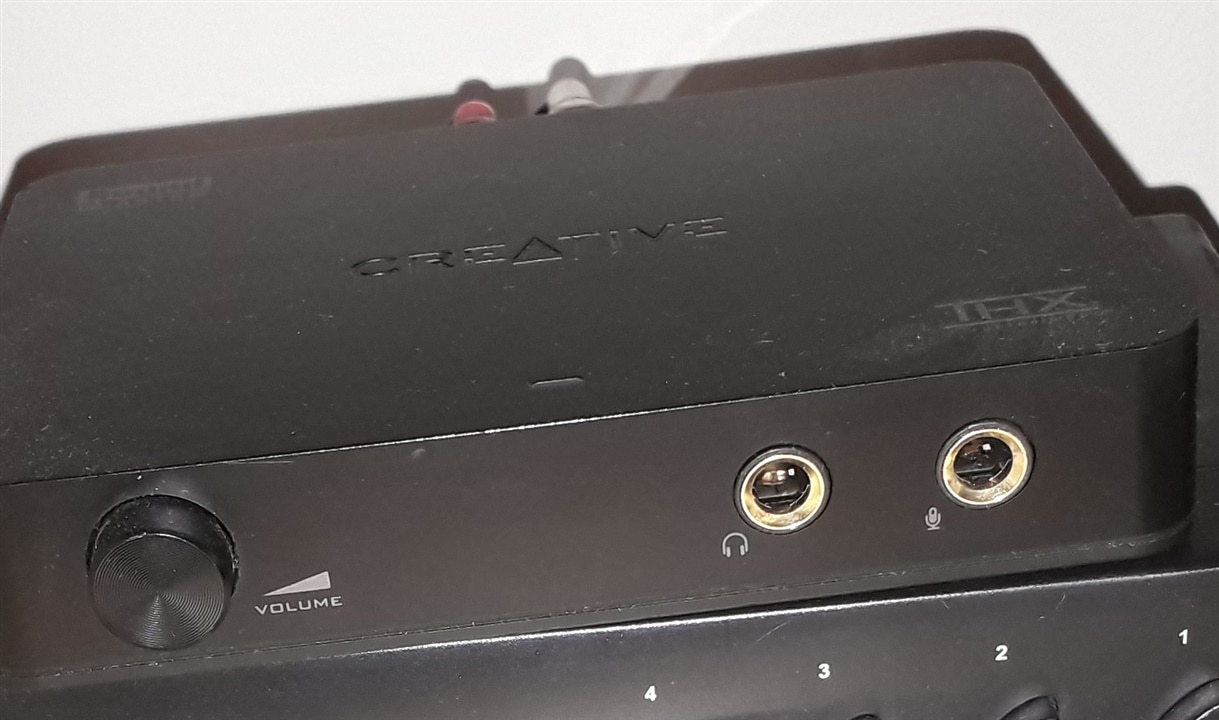Bluetooth LE Audio is the next evolution of Bluetooth’s audio capabilities. It has some new features such as Broadcast Audio, which we discussed in a recent Essentials.
What plans, if any do you have at your day job or in your spare time to use BLE Audio to develop a new product, build a new audio project, explore it's capabilities, etc.

